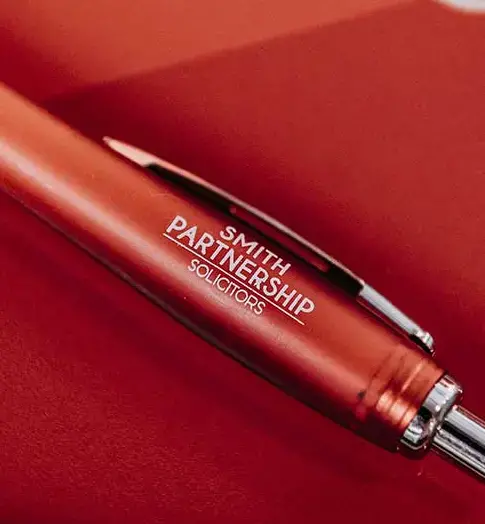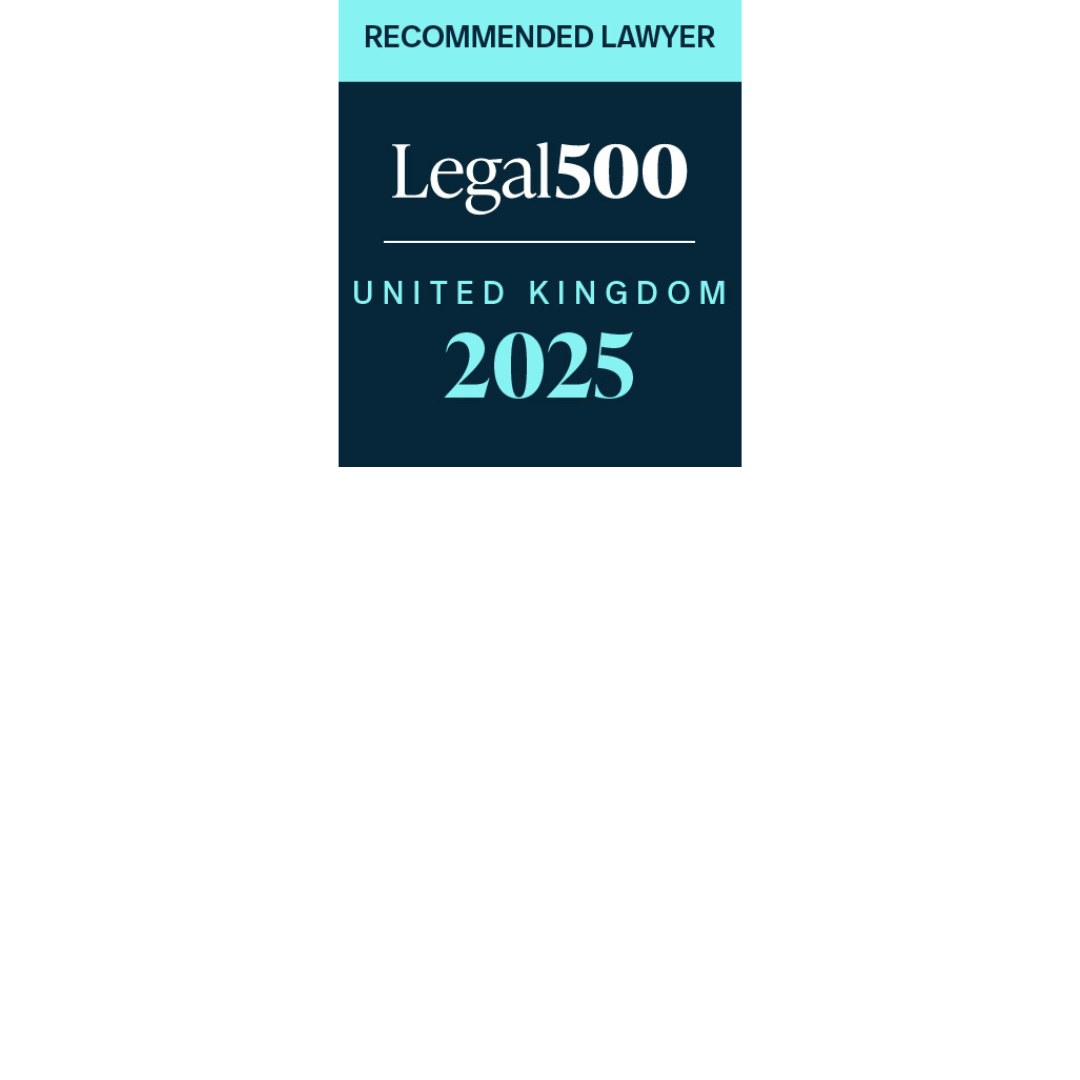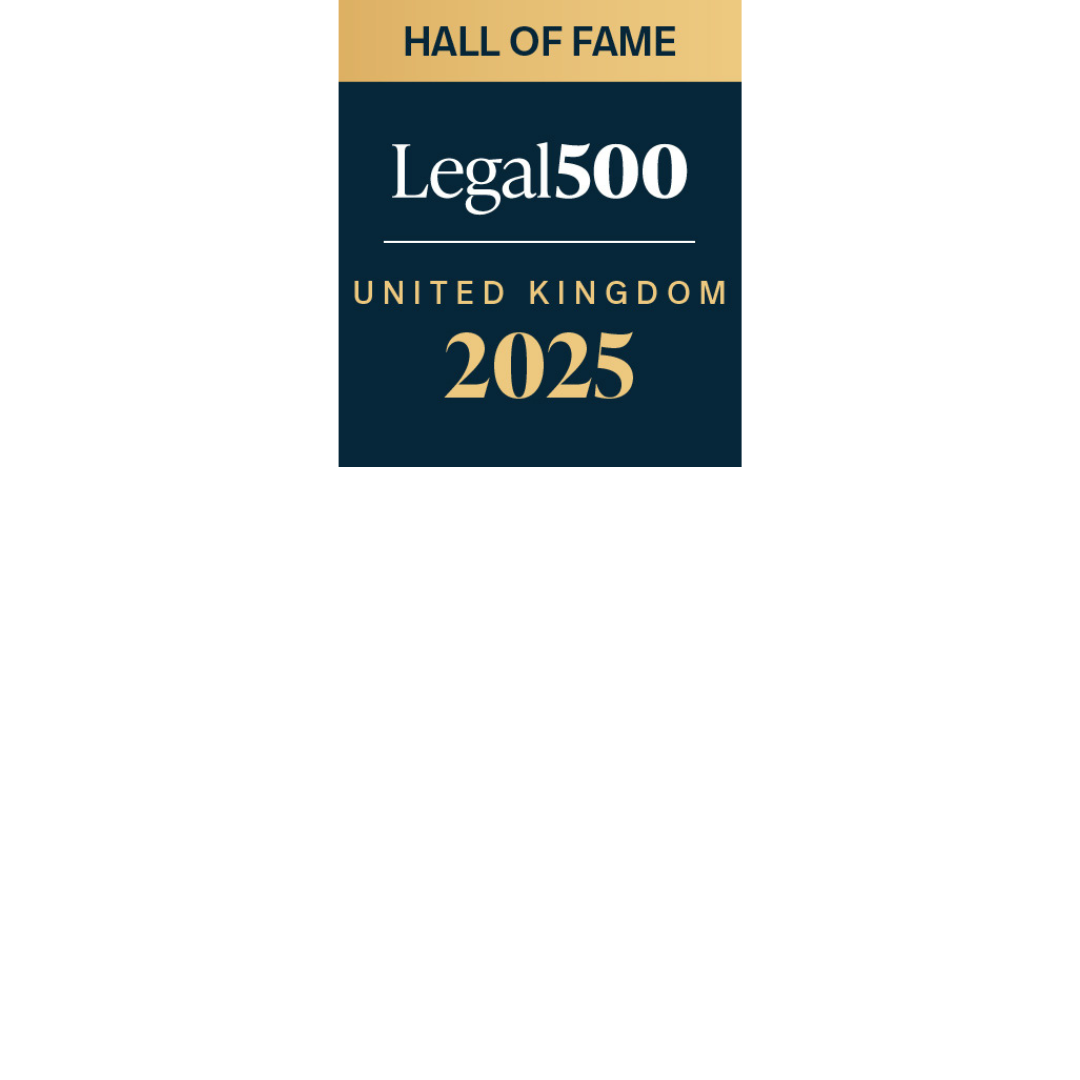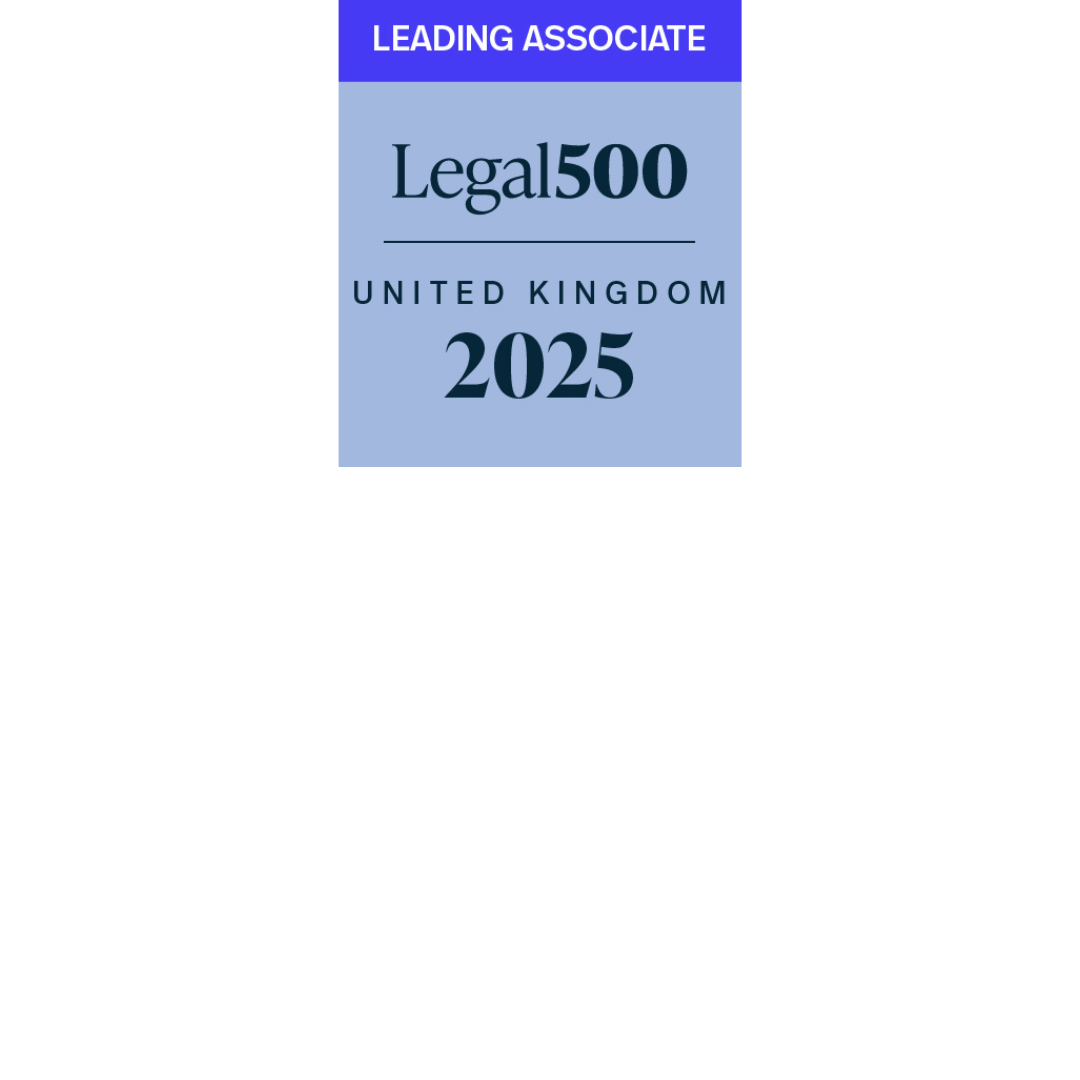
FAQs
It’s likely you’ll be able to find the answer in our FAQs which cover all of our services. You can filter questions by service area or search for a relevant word or phrase.
Unable to find an answer? Contact us on 0330 123 1229, or complete a contact form and a member of our team will be happy to help.
If I lose mental capacity can my spouse or partner make financial and or medical decisions for me?
If you have not appointed your spouse or partner as your Attorney using what is called a Lasting Power of Attorney, no, they cannot make decisions for you in relation to your money or your health. Instead, the Court decides through an expensive process called “Deputyship” who is the most appropriate person, and this may not be who you would have chosen. By putting in place a Lasting Power of Attorney you avoid this uncertainly and cost and are able to choose now who you trust to look after your money and make choices about your welfare and medical treatment.
I am married and have young children, will my spouse inherit all of my estate even if I do not have a Will?
Not necessarily. The law provides for a surviving spouse to inherit a fixed sum of money with the rest split 50:50 between children when they 18 and the surviving spouse. This could mean your house is co-owned by your spouse and your children and that your spouse does not have the full access to the estate to support their needs. Making a Will to set out what you want to happen and at what age children should inherit removes the uncertainly caused by dying without a Will.
What happens if I die without making a Will
This is called intestacy. The law sets out a series of rules that decides who inherits your estate and when. Children may inherit your estate, and the age is set at 18 years old by law which means they may be vulnerable to influence from others or just not old enough to understand how to sensibly manage an inheritance. If Parents are alive they may also inherit your estate under the intestacy rules and if you are not married or in a Civil Partnership, your other half will inherit nothing. All of these uncertainties and undesirable outcomes can be avoided by making a Will.
Can I protect my share of my house from care home fees?
Making a Will that includes a trust and ensuring that your own your house as tenants in common can help protect your share of your house on death. Using trusts can give your family control over the sale of the house, help secure the occupation of a surviving partner and give family choice of the investment of the sale proceeds if the house is sold. Wills can include very flexible and advantageous terms to help families preserve more of their estate for their loved ones.
Will my spouse inherit my estate if we are separated?
If someone is separated but not divorced they are still married and their separated spouse would still benefit from the estate on death. Gifts in a Will to a spouse are still valid until a divorce is “absolute” and any entitlement under the intestacy rules if there is no Will is also still valid. If you separate from your spouse it is essential that your immediately update your Will or get around to making a Will if you have not done so already.
Is inheritance tax relevant to my estate?
This depends upon the value of your estate, whether any inheritance tax relief such as spouse relief is relevant and the availability of specific allowances called the nil rate band and residence nil rate band. A well drafted Will would maximise the ability to reduce any potential inheritance tax both in your own estate and in the estate of your beneficiaries. Inheritance tax can apply both during lifetime, on death and during the administration of trusts. The most commonly thought of type of inheritance tax is on death and the rate of tax is currently 40%. Gifts made during life can become subject to inheritance tax and can also affect how much inheritance tax allowance your own estate can benefit from so it is always best to take professional advice to see how your estate can be organised on death and in life to avoid falling into the many inheritance tax traps that exist.
What is a Trust?
A Trust can arise on death in a Will for example or a trust can be created by someone when they are alive. Trusts are where individuals called trustees look after an asset or money for a group of people called beneficiaries. Sometimes the Trustees are given a discretion to use the assets or money (the Trust Fund) for the beneficiaries in such way as they decide, and other trusts provide a specific event or age when the beneficiary receives a fixed share. A trust document which could be a Will or a Deed, names the trustees and beneficiaries, describes what the assets or money is that the trustees will hold and set out the terms upon which the trustees will administer those assets for the benefit of the beneficiaries.
Why would I make a gift to a Trust?
Making a gift to a trust during your lifetime or when you die might be advisable if you wish to protect your assets and control how they are accessed and used by your intended beneficiaries. You might be concerned about your children or grandchildren inheriting at too young an age, or you might be concerned that a family member might be vulnerable or need financial support managing their finances in the future. Making an outright gift to an individual carries risks since they then assume all rights over the asset given away, which can have implications if they die, lose capacity, divorce, or go bankrupt. Making a gift to a trust enables you to manage these risks since it is the Trustees who have the legal powers to control and protect the trust’s assets.
















